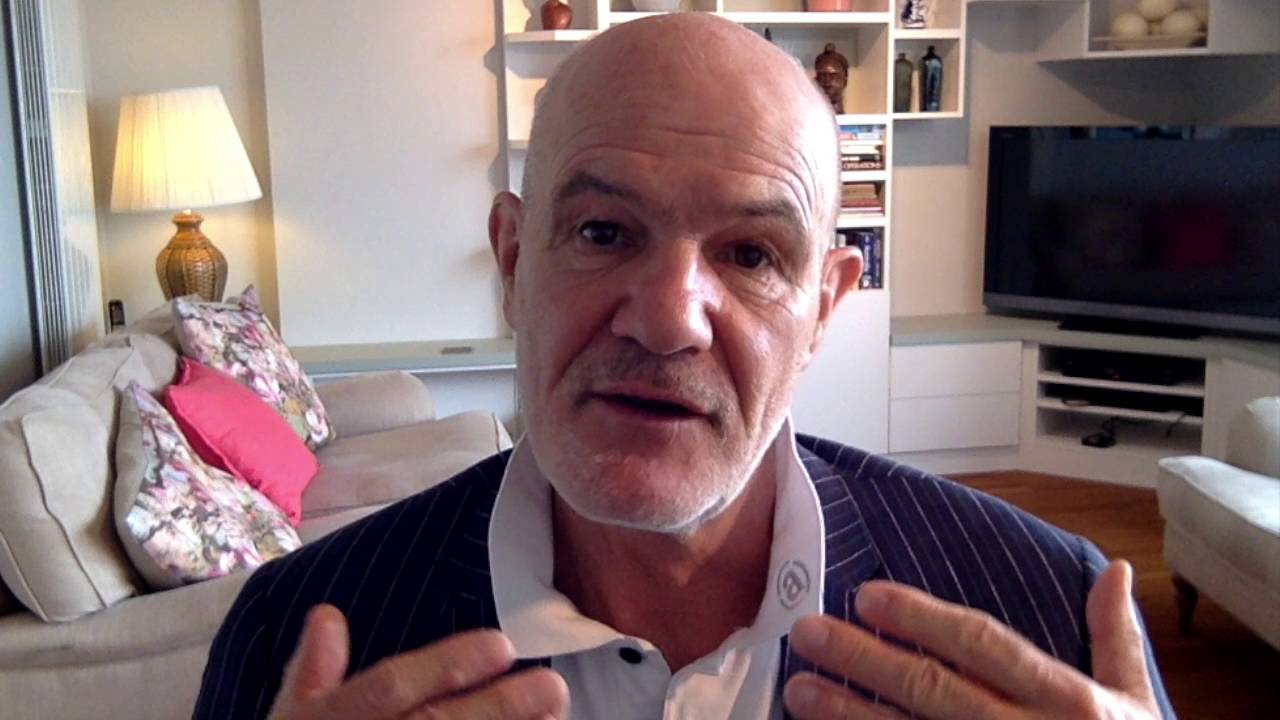
Jun
Freud Revisited
The Freud Enigma
Is it possible that Sigmund Freud could have explained why we often make strange decisions?
Freud is recognised as the founder of psychoanalysis and his work has played a huge part in the development of all subsequent talking therapies. He died in London in 1939 shortly after fleeing Nazi Austria with his family.
It is now fashionable to discount much of Freud’s work and understandably so. As examples of his aberrations Freud advocated the use of cocaine and tobacco to aid concentration and stimulate creativity. He paid a heavy price for these recommendations, dying of cancer of the jaw, a tumour which was almost certainly related to his heavy use of cigars.
However nobody can question his reputation as a scholar and prodigious author of multiple scientific papers. Freud’s work on the unconscious mind was revolutionary in its time and the number of books that have been written about it since are testament to his work’s enduring attraction, even to its strongest critics.
I am particularly fascinated by his division of the human psyche into three parts. These are the id, the ego, and the super-id.
My simplistic interpretation of these labels is that the id is the childlike, and creative unconscious mind. The ego is the rational mind that balances the creative but potentially bohemian tendencies of the id, and the super-id provides the moral justification for the combined output of the id and the ego working together.
It is the super-id that has given me the most food for thought. Last week I wrote about one of Freud’s students, Carl Jung. This blog attracted much comment and discussion related to the collective unconscious. Perhaps these ideas are still churning around in my head but I just wonder whether the collective unconscious and the super-id are much more closely related than Freud or Jung imagined.
Is it possible that the super-id is the source of all thoughts, that they surface from the reptilian brain and are therefore inherited primitive beliefs? The most primitive and strongest of these universal beliefs is fear.
If so, then are these fear-based thoughts then artistically elaborated upon by the id, and justified to the outside world by the ego as the product of rational thought when in reality nothing could be further from the truth?
I am now well outside my comfort zone but if this is true it would be about as opposite as you could get to Descarte’s philosophical concepts of thought arising from the conscious mind.
If there is even a shred of truth in this hypothesis it might just explain why we often make such strange decisions, individually, and as a nation!




No Comments